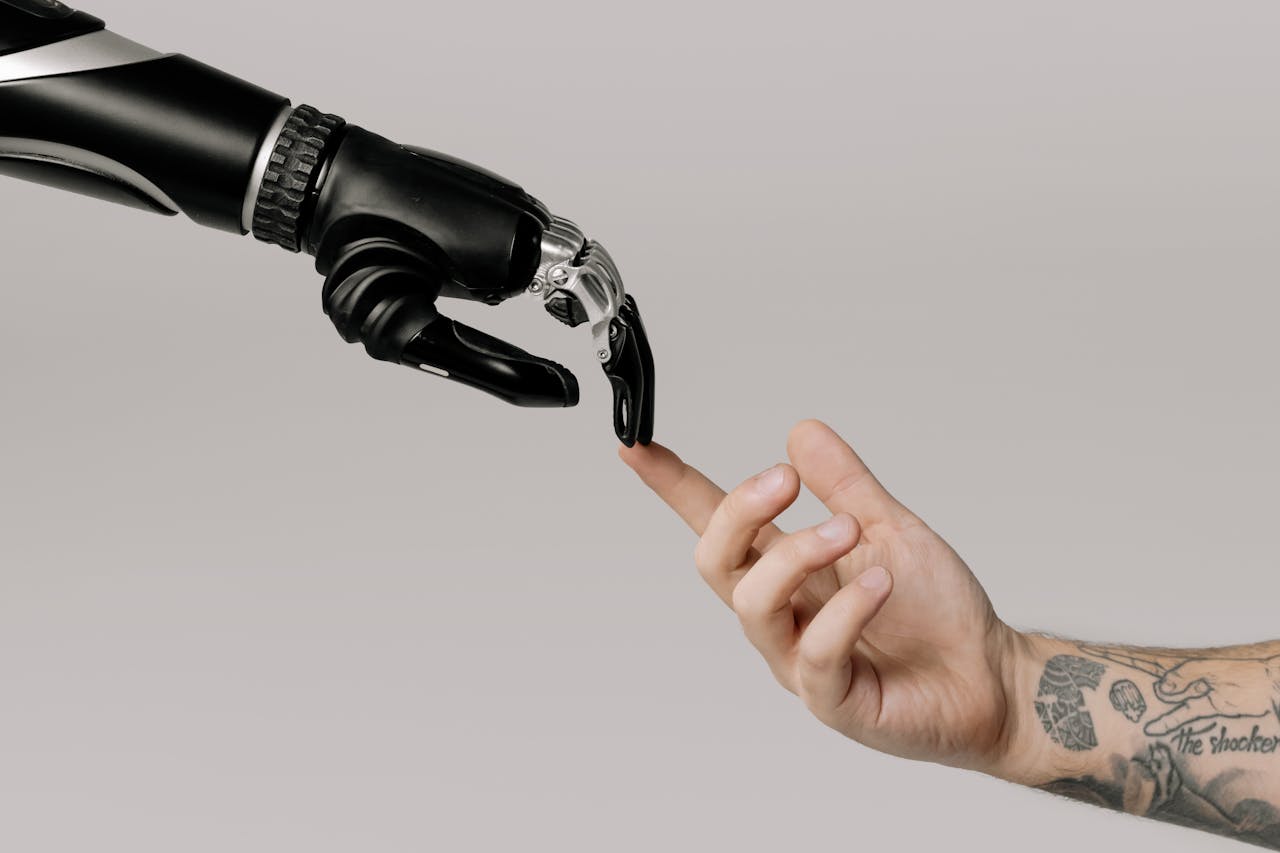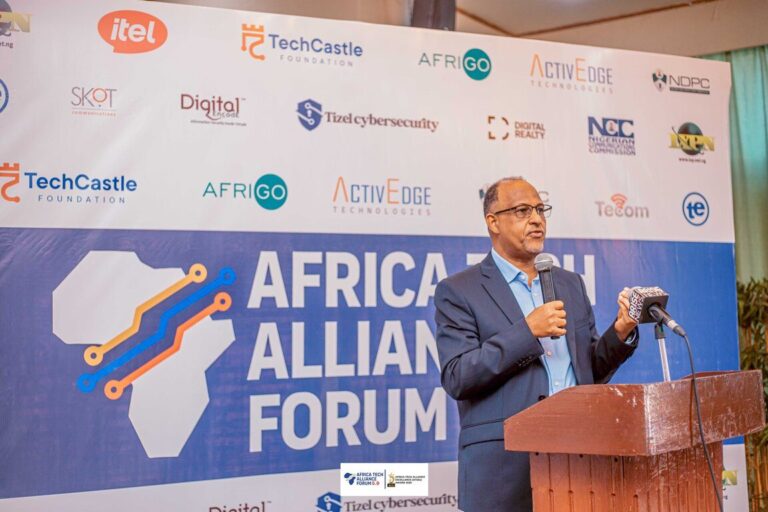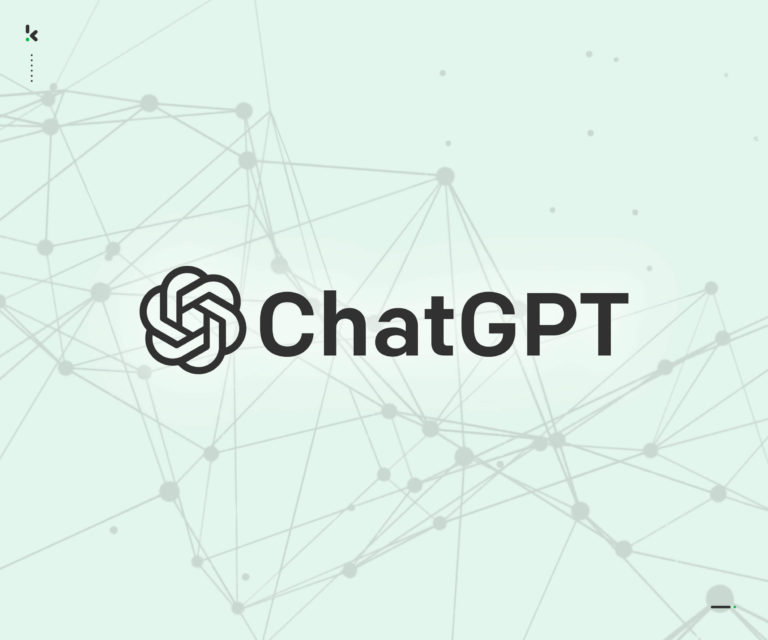Five risky innovations if AI gets smarter than humans

In the ever-evolving field of artificial intelligence, the theory that AI may soon outsmart human intelligence not only evokes a mixture of wonder and caution but also invites us to consider the ramifications critically, both positive and negative.
“The wave of superior AI intellect could potentially redefine our societal fabric, workplaces, and privacy,” as Geonode specialist Philipp Pratt carefully observes. It’s an invention that has the capacity to both create and solve previously unheard-of problems.
Predictions of AI Overtaking Human Intellect
Forecasts from tech visionaries and science commentators increasingly reflect AI’s goal to surpass human intelligence. According to Euronews, for example, prominent individuals such as Elon Musk have projected a timescale in which artificial intelligence (AI) might surpass human intelligence as early as next year.
This claim fits with a developing story in which AI not only helps but also works on its own to complete sophisticated cognitive activities that were previously thought to be the exclusive domain of humans.
Additional evidence for this idea comes from scientific conversations, which are summarized in Science Alert’s Analysis. These debates present a variety of viewpoints, with certain specialists confirming the high probability of these developments. But these developments also raise a number of security, privacy, and ethical issues that society needs to deal with at the same time.
The AI Supremacy Sword with Two Edges
AI’s capacity to outsmart humans contains both significant threats and a range of exciting benefits. Benefits include increased productivity, better decision-making skills, and advancements in environmental and medical fields.
But the rise of AI may potentially bring with it less benign threats. As an illustration:
Automated Surveillance Systems: Artificial Intelligence-powered monitoring could go beyond security concerns and result in intrusive observation. These AI-enhanced systems may monitor people’s whereabouts, anticipate their actions, and even analyze private conversations on a large scale. Every citizen’s freedom could be impacted by this kind of surveillance, which could undermine privacy and be used to influence social and political results.
Superintelligent Entities: The development of a superintelligent artificial intelligence (AI) could beyond human comprehension and control, resulting in “singularities” that might not put human life and values first. Even if they are advanced, their behaviors may be inexplicable and even harmful to human existence as they maximize to achieve their goals.
Manipulative Social Media and Information Control: Algorithms may develop to quietly but successfully influence human behavior. For example, they may be able to magnify particular kinds of content to influence social norms, consumer behavior, and political beliefs.
Programmable Viruses and Bioweapons: AI may make it possible to create bioweapons and programmable viruses that are directed against particular groups of people. Without moral restraints, such accuracy in biological warfare might unleash pandemics or unprecedented acts of bioterrorism.
Predatory Advertising: AI’s enhanced cognitive powers could be used to create hyper-targeted advertisements that prey on human weaknesses like addiction or psychological issues. This might result in more consumer manipulation, which would affect people’s mental health and general wellbeing by encouraging excessive consumerism and poor lifestyle choices.
Managing Awareness Issues
People and society shouldn’t give in to excessive anxiety, even though AI has the potential to surpass human intelligence in the near future. The remarkable progress in AI is yet subject to stringent research protocols, moral guidelines, and ongoing human supervision.
Positive guidance of AI advancement can be achieved by enforcing transparent operational norms and firmly establishing ethical frameworks around AI developments.
The possibility of AI overtaking human intelligence demands both cautious caution and forward-thinking thinking. “While we stand on the cusp of perhaps the greatest technological revolution, it’s critical to steer this progress in ways that enhance societal welfare and secure human dignity,” writes Philipp Pratt in his conclusion.
Therefore, it is imperative that the conversation around AI’s future remain inclusive, deliberate, and informed in order to guarantee that advancements result in real human growth rather than merely technological advancement.
Hello, I was unable to provide your name because there was no place to enter it.
96% of kids already use technology regularly by the time they are four years old, especially mobile devices. But in this age of artificial intelligence, what kind of devices or tools should parents provide their kids? Come along with the Geonode team as we examine five AI-powered resources that assist kids in laying the groundwork for a time when they will not just survive but flourish in our digital age!



![inq.Digital Supports Payments Forum Nigeria [PAFON 1.0] 3 Payments Forum Nigeria](https://techtrends.africa/wp-content/uploads/2024/03/PAFON-SPEAKERS-1-768x512.jpg)



